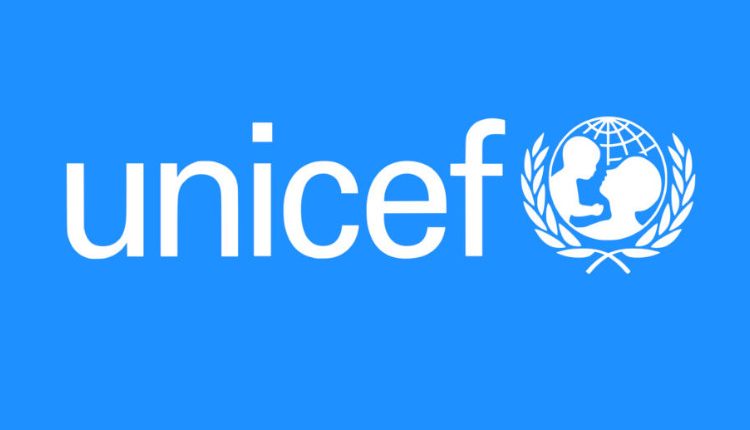The United Nations Children’s Fund (UNICEF) has urged stakeholders to prioritize maternally, infant, and child nutrition intervention at the community level and engage skilled health workers to support mothers to breastfeed optimally.
Mrs Chinwe Ezeife, Nutrition Specialist, UNICEF, Kaduna Field Office, made the call at the inauguration of the 2022 Niger State Zero Water Exclusive Breastfeeding Campaign.
It was organized by the state’s Primary HealthCare Development Agency in collaboration with UNICEF in Minna on Wednesday.
She disclosed that only 6.2 percent of children were exclusively breastfed by their mothers and as a result, the children had been denied the many benefits that come with exclusive breastfeeding.
Ezeife disclosed that Nigeria was still among the world’s countries with the highest child mortality rates and stunning prevalence and lowest rates of many infants and young child feeding indicators.
“There are still high levels of stunting at 37 percent wasting among children under 5 years of age at 7 percent.
“The rate of exclusive breastfeeding has shown modest improvement from 17 percent in 2013 to 29 per centin 2018 according to NDHS 2018.
“For context, in 2018, only 42 per cent of infants were breastfed within one hour of delivery while 49 percent were given other fluids in the first three days of life.
“And only 29 percent of children were exclusively breastfed in the first 6 months of their life.”
Related Articles
According to her, the Nigeria Multiple Indicator Cluster Survey (MICS) of 2017 indicates that about seven out of every 10 children between the ages of 0 and 6 months are not exclusively breastfed in Nigeria.
She said that the state of Niger had 6.2 percent of children exclusively breastfed.
“As a result, these children are denied the many uncontested benefits that come with exclusive breastfeeding.”
The nutrition specialist said that inadequate and low rates of breastfeeding caused over 10 million avoidable cases of childhood diarrhea and pneumonia which leads to more than 100,000 deaths in Nigeria.
In her address, Dr Amina Bello, wife of Niger Governor, said that breastfeeding played an important role in managing the double burden of malnutrition and inequalities.
“Breastfeeding provides a nutritional bonding avenue between mother and child, therefore this campaign should be taken to every household for women to exclusively breastfeed within six months,” she said.
She urged the public to collectively carry the message of the importance of breastfeeding to every household to create awareness and sensitization.
In his remarks, Dr. Ibrahim Dangana, Executive Director, Niger state Primary HealthCare Development Agency (PHCDA), said that the campaign on breastfeeding would be carried out in 25 local government areas as well as the 274 primary and secondary centers across the state.
In her goodwill message, Mrs. Bolanle Oyebola, Project Director, Plan International Nigeria Accelerating Nutrition Result in Nigeria, said the organization was implementing nutritional value among women to ensure that children had access to cost-effective nutrition in the state.








